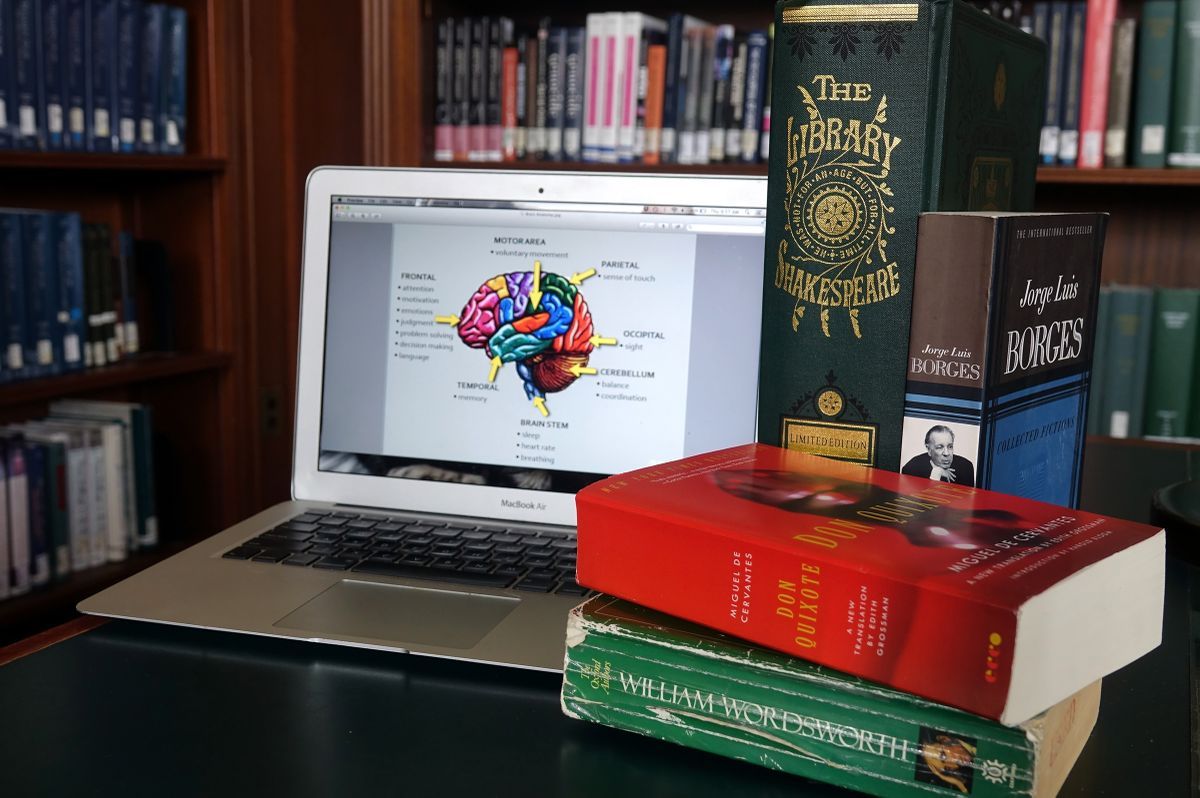The Job Simulator team is about to blow your plumbus clean off.
Category: entertainment – Page 116
Augmented Reality Or Augmented Humanity?
A write-up from Popular Science on the bioethics conference I was a part of recently and the corresponding 2-min highlight video. It was truly a fascinating event, inspired by Deus Ex! http://www.popsci.com/augmented-reality-or-augmented-humanity And here’s the video: http://www.dailymotion.com/video/x4p7uld_human-by-design-conference-recap_tech
With the release of the new video game, Deus Ex: Mankind Divided, Human By Design holds a conference to discuss the future of human augmentation.

Adults acting like toddlers because of technology obsession, warns neuroscientist
Adults are starting to behave like toddlers as social media and video games lead to a craving for instant gratification, a leading neuroscientist fears.
Baroness Susan Greenfield, who is a senior research fellow at Oxford University, said the obsession with games like Pokémon Go is causing the “infantilisation” of adulthood.
The trend of shunning the outdoors and live social contact in favour of social media is also contributing to grown-ups exhibiting traits associated with toddlers, including neediness and a short attention span, she added.

The Use of 3D Printing in Reviving the Statue of Zeus in Olympia
Wonder when someone will attempt to 3D Print Atlantis; or recreate the ancient Colossus of Rhodes.
Rio 2016 is a much-awaited event of people from all over the world that has already been happening in Brazil. On the other hand, the Summer Olympics that was held in Atlanta in 1996 has celebrated their 20th anniversary by creating a replica of Zeus using 3D printing technology. The statue of Zeus that was taken from Olympia is commonly used to represent the Olympics. As a matter of fact, it is also considered as a part of the Seven Wonders of the ancient world.

The statue of Zeus can be seen in the heart of the Olympics that was founded in Olympia in 776 BC. The Olympic Games is known to be the most significant event that happened in Greece that brought Greeks together with their religious and cultural bond. They have organized the games in respect to Zeus who is the king of the gods and ruled Mount Olympus. The events happen every four years for more than thousands of years that takes five days. During this event, you will notice how they give it importance because of the peace that people experience despite the wars that they have to fight.

The First Arrival Trailer Makes Talking to Aliens Terrifying
Absolutely, undeniably awesome.
We got about a minute of footage last week, and now the full trailer for the movie adaptation of Ted Chiang’s “Story Of Your Life” is here. And it is tense.
Whereas before, the footage ended with Amy Adams’ Dr. Banks getting her first look inside one of the weird alien monoliths that have appeared, the trailer goes much further. We see her actually communicating with the aliens, while the rest of the world goes appropriately batshit. There’s a lot less action in this sci-fi movie than there is drama, and it all looks great.
DeepDrive: People at research labs are supposedly playing around with testing their AI’s in current gen
Video games. The last i heard AI had been up to playing and Mastering Atari 2600 games, and that was a few years ago. Figured it was only a matter of time til they started playing around with current gen stuff.
Neural net driving in GTAV — View all crizcraig’s Rockstar Editor videos at http://socialclub.rockstargames.com/member/crizcraig
The First Footage From Arrival is Here, and It Looks Incredible
Finally a trailer for this!
And it looks like it’s been worth the wait!
The first trailer from Arrival, Denis Villeneuve’s adaptation of the Ted Chiang short story Story Of Your Life is finally here. It looks like an Oscar contender wrapped in a high-concept blockbuster package, which is a way to say it looks great.
Paramount Pictures is releasing the film, which stars Amy Adams, Jeremy Renner, and Forest Whitaker, on November 11. A full trailer comes out next week but, for now, check this out.

Scientists create glasses-free 3D for the movie theater
Watching glasses-free 3D on a TV is no longer an outlandish concept, but that hasn’t been true for movie theaters. How are you supposed to create the same parallax effect for everyone, whether they’re up front or way in the back? Researchers at MIT CSAIL and Israel’s Weizmann Institute for Science finally have a practical answer. Their Cinema 3D tech creates multiple parallax barriers in a single display, using lenses and mirrors to deliver a range of angles across the whole theater. And unlike previous attempts at large-scale glasses-free 3D, you don’t have to take a hit to resolution.
You won’t get to forego the unwieldy eyewear for a while. The prototype is only slightly larger than a pad of paper, and uses 50 lens/mirror combos to achieve its 3D effect. You’d need a far bigger and more intricate system to make it work at the local movie house, which might make it prohibitively expensive. However, it’s imaginable that a future, optimized version might find its way into theaters and spare you from one of the biggest hassles in modern moviegoing.

Making Jupiter into a Star
Interesting…
The SETI concepts now called ‘Dysonian’ are to my mind some of the most exhilarating ideas in the field. Dysonian SETI gets its name from the ‘Dyson spheres’ and ‘Dyson swarms’ analyzed by Freeman Dyson in a 1960 paper. This is a technology that an advanced civilization might use to harvest the energy of its star. You can see how this plays off Nikolai Kardashev’s classification of civilizations; Kardashev suggested that energy use is a way to describe civilizations at the broadest level. A Type II society is one that can use all the energy of its star.
In the film 2010, director Peter Hyams’ 1984 adaptation of Arthur C. Clarke’s novel 2010: Odyssey Two (Del Rey, 1982), we see an instance of this kind of technology at work, though it has nothing to do with a Dyson sphere. In the film, a dark patch appearing on Jupiter signals the onset of what Martyn Fogg has called ‘stellification,’ the conversion of a gas giant into a small star. Rapidly replicating von Neumann machines — the famous monoliths — increase Jupiter’s density enroute to triggering nuclear fusion.
A new star is born, with consequences entertainingly explored in the novel’s epilogue. Without monoliths to work with, Fogg described another way of triggering a gas giant’s fusion reaction in a 1989 paper. A small black hole could be put into orbit around the planet, its orbit gradually sinking toward the planetary center. Accretion will eventually cause the new star to shine like a red dwarf, its brightness steadily increasing over a 50 million year period. Parts of the Jovian satellite system could be rendered continuously habitable over a period of about 100 million years, even as the star-builders exploit its energies via orbiting power stations.